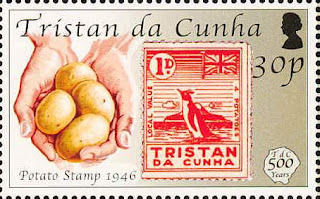National Fisherfolks Day is a holiday celebrated annually on May 31, in the Philippines.
On this day, Filipinos all across the country get together to show their
appreciation for those who are on the frontline of fishing and also those who
have pledged to keep fishing sustainable, fighting against illegal practices
within the community. Because the Philippines has an important fishing market,
this day also brings awareness to the relevance of fisherfolk to the country’s
economy.
History
Since 2000, National Fisherfolk Day is celebrated annually across the Philippines. It was through the Presidential Proclamation 261 series that the holiday became a federal celebration. The event’s goal is to bring awareness to the work done by thousands of people every day in the country. Since fishing is one of the main economical contributions to the Philippines, fisherfolk are responsible for providing food not only for their own families but for the entire country.
Not only that, but the holiday has, since 2015, also celebrated the sustainable actions taken by the government to prevent illegal practices and unregulated fishing within the coastal regions of the Philippines. There had been issues regarding illegal activities in the fishing market for a long time and in 2002 fisherfolk from eight different alliances came together to form the Fisherfolk Movement of the Philippines. The group demanded better regulations in the trade market, stronger policies regarding sustainable practices, and more unity among all small producers and fisherfolk in the country.
In 2005, this group promoted a “fluvial parade”, in which fisherfolk
protested in Hong Kong at a World Trade Organization meeting. Another similar
movement happened again in 2006. However, it was only in 2015, under the
government of Benigno Aquino III, that the government finally took action and
regulated the fishing market to have better conditions and better contain
illegal practices with the Republic Act 10654.




















